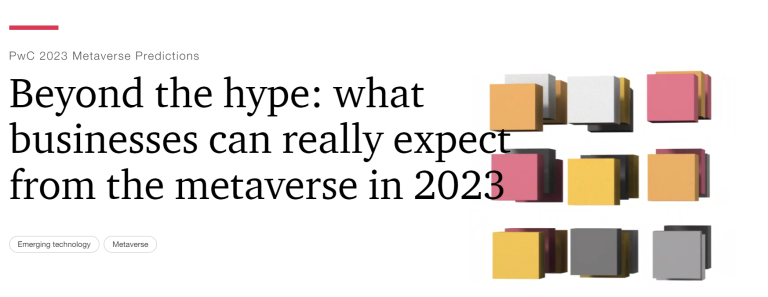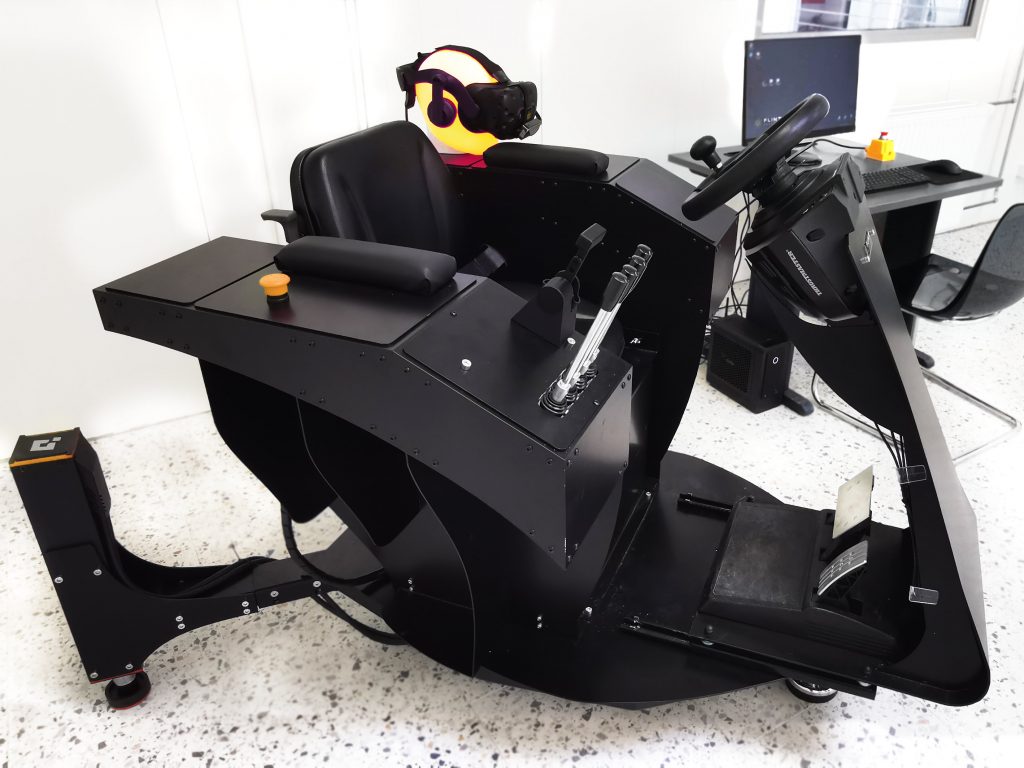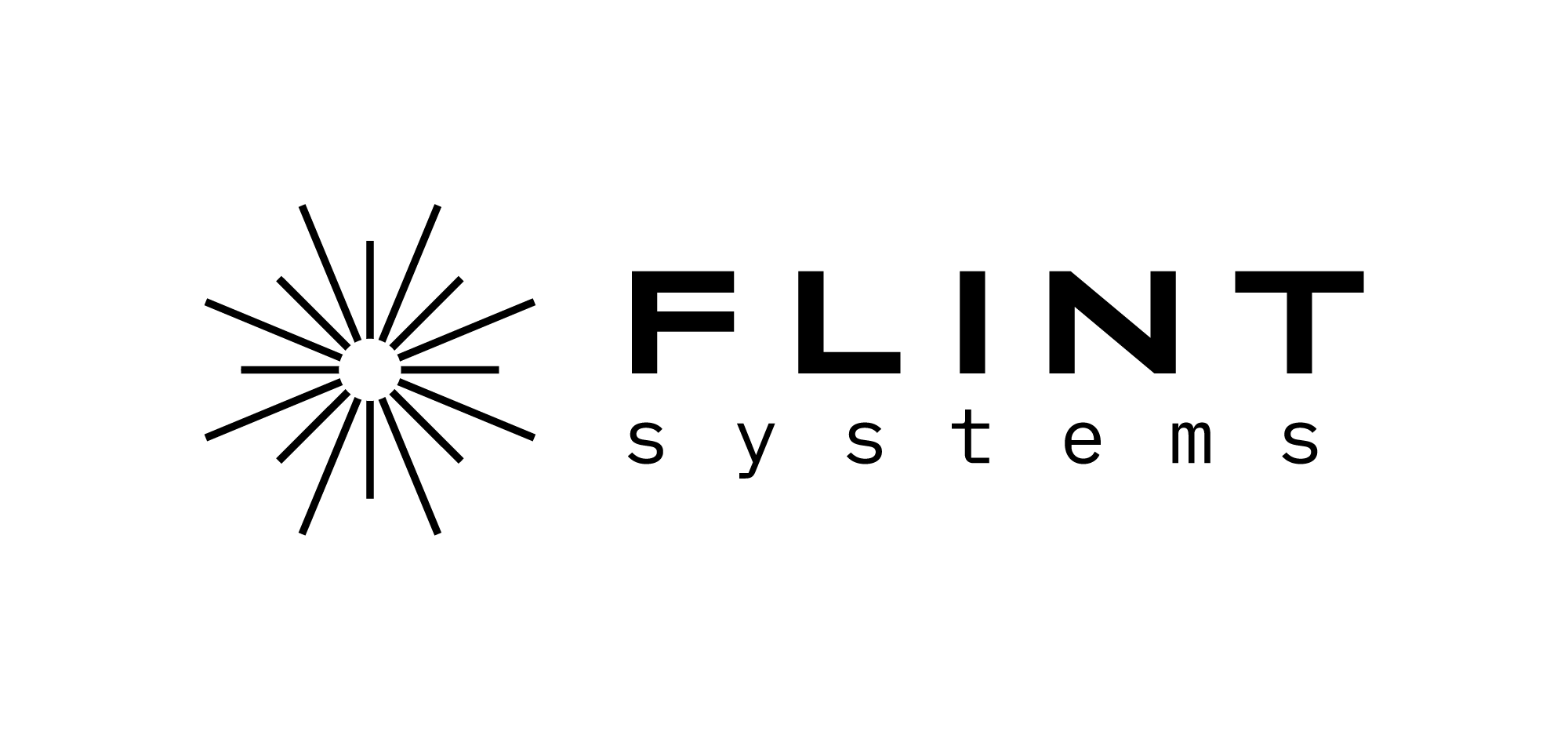A substantive article by PwC on the metaverse titled “Beyond the hype: what businesses can really expect from the metaverse in 2023” provides a deeper understanding of the metaverse’s development, the digital ecosystem encompassing VR and AR. PwC analyzes trends and forecasts, aiming to separate real possibilities and challenges from exaggerated expectations and hype surrounding the topic.
The article is based on a survey conducted by PwC last year. If you want to learn more about it, check out the US Metaverse Survey from 2022.
Flint Systems also addresses various aspects related to the metaverse. In one of our recent articles, we discussed the so-called “cyber sickness.” You can find the link to the article here.

Flint Systems and the metaverse
We at Flint Systems think that training simulators using virtual reality (VR) technology are currently a key element in the evolution of machine operator training and are aligned with the metaverse trend. In today’s times, when precision, safety, and machine operation efficiency are crucial, these advanced tools provide realistic experiences and practical training in a secure virtual environment.
However, what makes these simulators even more significant is their integration with the metaverse trend. Training becomes interactive, personalized, and forward-looking, allowing operators not only to acquire skills but also to explore new and fantastic training areas.
For years, Flint Systems has been building its training system based on a universal motion platform. With this system, we can quickly design any simulator with unique features required by our clients. We can place a virtual machine in a hall that looks exactly like a real operator’s work environment.
Let’s now look at some key points discussed in PwC’s article about the metaverse.

Business leaders want to move “implementations and training” to the metaverse.
As many as 42% of respondents, referred to as “business leaders,” believe that the benefits of the metaverse will be best utilized in implementations and training.
Metaverse security is crucial
Trust (or lack thereof) is particularly important when moving a company’s operations to the virtual world. Among the threats, PwC specifically mentions fraud, security and privacy breaches, and sanctions for data storage.
AI will change access to the metaverse
According to PwC, the technology that will be fundamental to metaverse development is generative artificial intelligence (AI). AI can draw insights from various data and simulations, including what people buy or do, how they play or work, who they meet, and how they engage with brands. Artificial intelligence can even enable individuals with no technical experience to create engaging metaverse experiences.
The metaverse will become more widespread in companies within three years
As many as 82% of the executive staff expect metaverse plans to become part of their business operations within three years.
Metaverse supports environmental initiatives
If your company cares about the environment, VR can be an ally in this regard. For example, VR communicator meetings can replace some in-person meetings and reduce the main source of carbon dioxide emissions, which is business travel. Another example is stores that can allow consumers to try digital replicas of physical products, reducing the need for transportation and CO2 emissions.
Additionally, Flint Systems has been emphasizing savings related to simulator use for several years. Our simulators, powered by ordinary power outlets, are environmentally friendly. Compare them to training on actual machines, which not only incur operational costs but also generate emissions. You can find more information in our article about a reachstacker.
Metaverse and new specializations
The metaverse requires new skills and specializations that often did not exist just a few years ago. These include skills in monitoring and verifying transactions, data collection, and data protection in the expanding Web3 ecosystem, which supports many metaverse activities. Let’s not forget about graphics, programmers, and designers.

